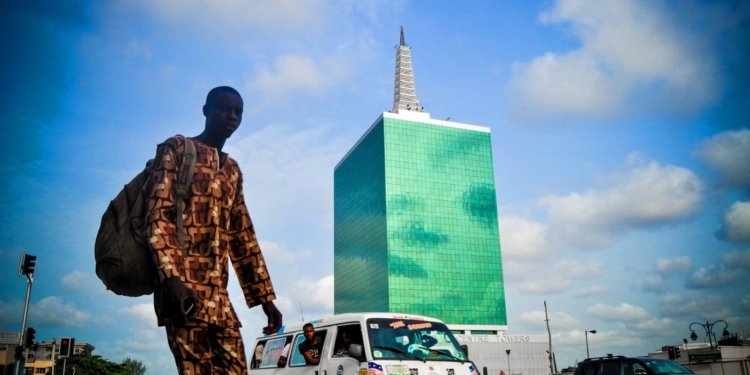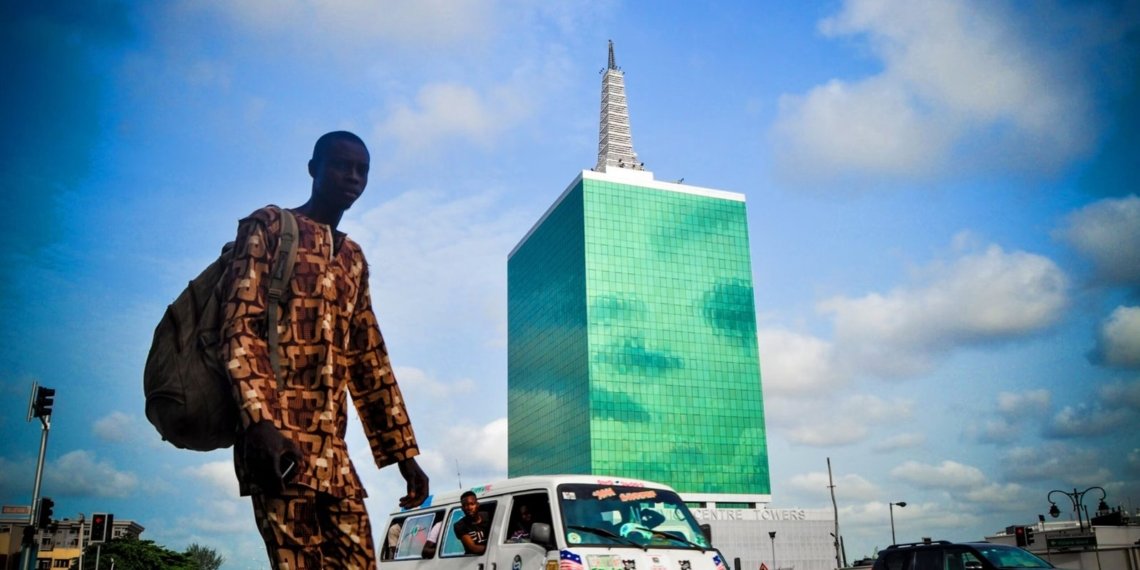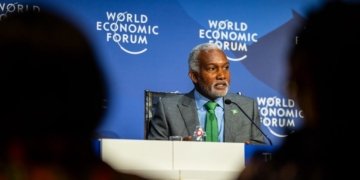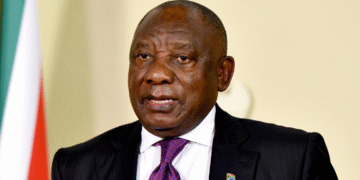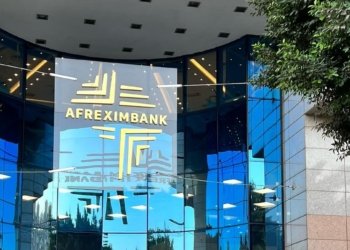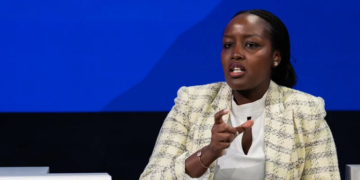Nigeria is taking steps toward regulating stablecoins as the Central Bank of Nigeria (CBN) launches an interagency working group to explore a national regulatory framework for the digital tokens.
CBN Governor Olayemi Cardoso announced the initiative during the recent IMF–World Bank meetings in Washington, according to local media reports.
The task force, comprising the CBN, Ministry of Finance, and other relevant bodies, will assess the economic, technological, and legal implications of stablecoins, crypto assets typically pegged to fiat currencies or commodities.
Building on its 2021 launch of the eNaira, the continent’s first central bank digital currency, Nigeria seeks to modernize its payments infrastructure and better align with the growing role of private crypto assets. The proposed framework could define how stablecoins are issued, traded, and supervised.
Nigeria has emerged as a key global player in crypto adoption, processing $59 billion in digital asset transactions between July 2023 and June 2024.
Stablecoins account for nearly 40 percent of the market and 43 percent of retail trades under $1 million, with an estimated 22 million Nigerians using or holding crypto.
While fintech leaders have called for flexible regulations recognizing stablecoins as valid payment tools, particularly for cross-border transactions, the CBN remains cautious due to concerns over fraud, volatility, and capital flight.
Experts say Nigeria may adopt a hybrid regulatory model similar to Singapore or Dubai, which balances innovation with financial oversight. If successful, the effort could position Nigeria as a leader in digital currency policy across Africa.
